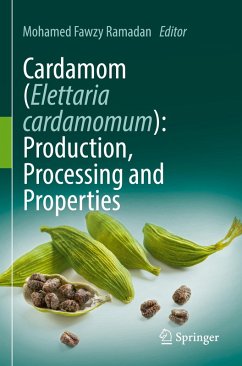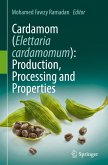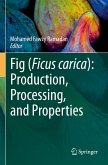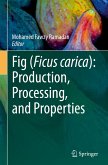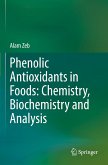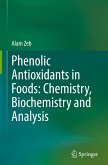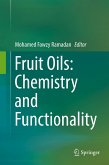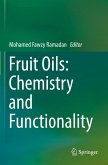Cardamom [Elettaria cardamomum (L.) Maton is recognized for its unique taste and aroma. As the third most expensive spice after saffron and vanilla, Cardamom has been used as a spice and flavoring ingredient in food and is rich in bioactive constituents including minerals, carbohydrates, proteins, lipids, essential oils, terpenoids, flavonoids and carotenoids. Cardamom essential oil (CEO) and other bioactive compounds accumulated in cardamom capsules contribute to their characteristic aroma and utility as a novel food and nutraceutical. CEO from capsules possesses monoterpene constituents such as -terpineol, 1,8-cineole, -pinene, linalyl acetate, linalool, and nerolidol as well as the ester of -terpinyl acetate. Flavonoids, anthocyanins, terpenoids, alkaloids, and other cardamom phenolics have shown high MIC values against Campylobacter species and reduced Bacillus subtilis spore. CEO loses its flavor rapidly upon storing under a normal environment. The change in the aroma or flavor could also cause changes in the constituents of its phytochemicals.
Cardamom (Elettaria cardamomum): Production, Processing & Properties aims to create a multidisciplinary forum of discussion on E. cardamomum, emphasizing its botany, ethnobotanical, cultivation, horticultural practices, post-harvest, marketability, phytochemistry, extraction protocols, biochemistry, nutritional value, functionality, ethnomedicinal applications and and processing specifics. The book discusses the botanical distribution, phytochemical constituents, food applications and biological activities of cardamom capsule extracts and essential oil. Also, the text discusses the potential applications of E. cardamomum in food, cosmetics and pharmaceutical products. This book is the first of its kind, a full research work dedicated specifically to cardamom applications and benefits that will be of value for researchers from multiple fields.
Cardamom (Elettaria cardamomum): Production, Processing & Properties aims to create a multidisciplinary forum of discussion on E. cardamomum, emphasizing its botany, ethnobotanical, cultivation, horticultural practices, post-harvest, marketability, phytochemistry, extraction protocols, biochemistry, nutritional value, functionality, ethnomedicinal applications and and processing specifics. The book discusses the botanical distribution, phytochemical constituents, food applications and biological activities of cardamom capsule extracts and essential oil. Also, the text discusses the potential applications of E. cardamomum in food, cosmetics and pharmaceutical products. This book is the first of its kind, a full research work dedicated specifically to cardamom applications and benefits that will be of value for researchers from multiple fields.

